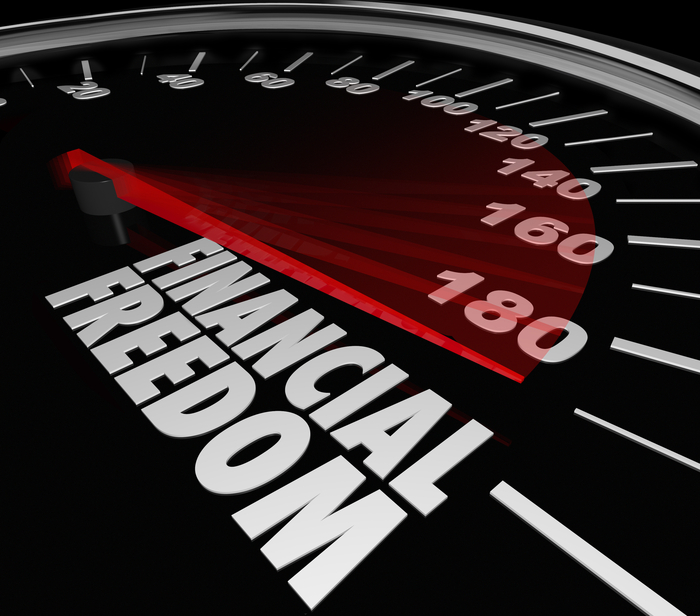
 A quick google search on the topic "File Chapter 7 Bankruptcy Without Lawyer" shows a number of results that cautions against filing bankruptcy without a lawyer. The primary reason for the caution is because of what are called exemptions.
A quick google search on the topic "File Chapter 7 Bankruptcy Without Lawyer" shows a number of results that cautions against filing bankruptcy without a lawyer. The primary reason for the caution is because of what are called exemptions.
Exemptions allows one to retain property or the equity that exists in property without liability. Once exemptions are properly claimed, the property is then considered exempt property, partially exempt property or nonexempt property. Each state allows a debtor to exempt certain categories of property up to a specific dollar value. Some states may also allow the use of Federal Exemptions which may protect a higher dollar value of various items of real and personal property when compared to State Exemptions. Exemptions are important to filing a chapter 7 bankruptcy without lawyer or when filing a Chapter 13 bankruptcy without a lawyer because of the following:
- fully exempt property is property that a creditor can not attach a judgment to or liquidate to satisfy a debt
- partially exempt property is property that a creditor can attach or liquidate the portion of the property that is not protected by an exemption to satisfy a debt
- nonexempt property is property that a creditor can attach a judgment upon and liquidate to satisfy a debt
We at bankruptcy-cpr.com hired legal and programming experts to take some of the guesswork out of properly claiming exemptions when filing a Chapter 7 bankruptcy without a lawyer because we realize that you may not have the financial means to hire lawyer but still need the debt relief that you can get from a bankruptcy. When claiming exemptions, it's not a matter of simply stating that you live in your current state and therefore you should claim exemptions for that state. There is bankruptcy law that states that the State or local law that applies as of the date a bankruptcy is filed is the State in which you lived during the last 730 days. If you have not lived in a single state for that 730 day period, then the State or local law exemptions that apply are where you lived for the 180 day period prior to the 730 days of the date of filing bankruptcy. It goes even further to state that if you did not live in a single state for the 180 period prior to the 730 days, then the State or local law that applies is the one in which you lived for the greater part of the 180 day period that was before the 730 days of filing bankruptcy.
Confusing, isn't it? You're not alone as this is something that even some lawyers struggle with.
One of the great benefits of using bankruptcy-cpr.com to using our bankruptcy software when filing a Chapter 7 bankruptcy without a lawyer is that our bankruptcy software automatically performs the necessary calculations based upon your interview to determine the State exemption that applies based upon current as well as previous residences.
Posted in Bankruptcy, Chapter-7 Tagged bankruptcy, Bankruptcy Without Lawyer, chapter 7, File Chapter 7 Bankruptcy, File Chapter 7 Bankruptcy Without Lawyer Comments Off on File Chapter 7 Bankruptcy Without Lawyer
